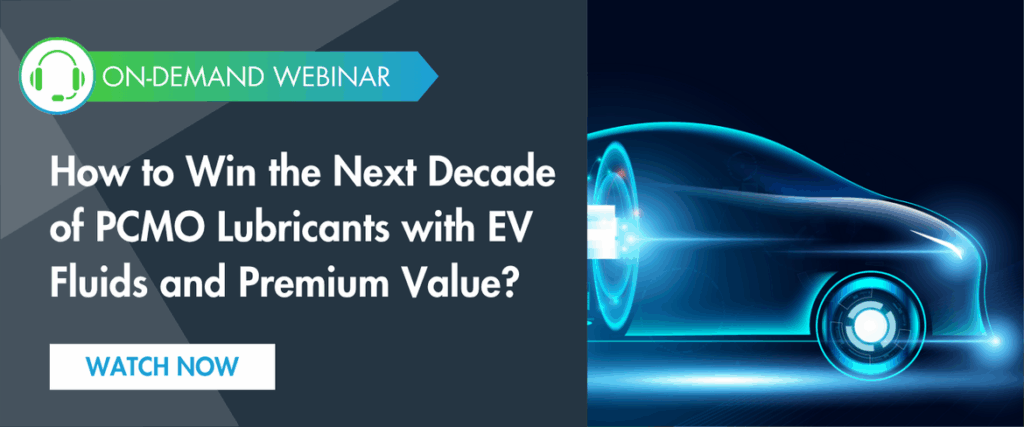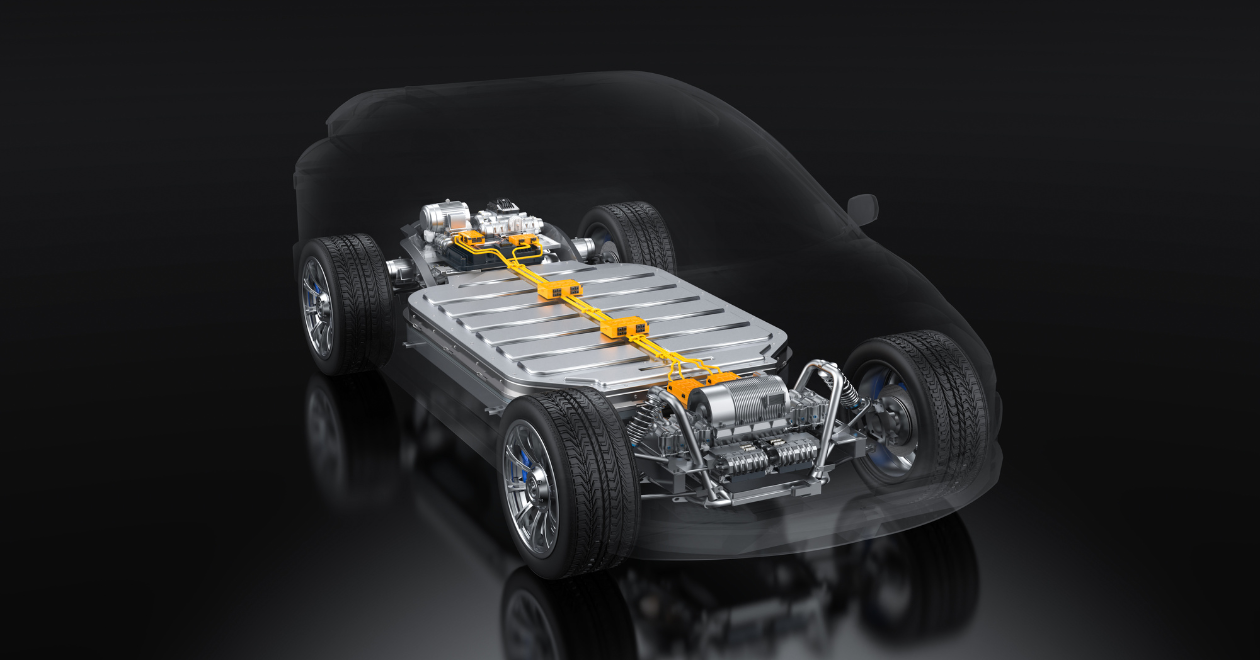
Sharbel Luzuriaga
Industry Manager, Energy
Is the Dominance of Water or Glycol Coolants at Risk?
The challenge of boosting battery performance in electric vehicles (EVs) without compromising safety or incurring substantial additional costs presents a complex dilemma.
We’re seeing the introduction of stricter safety standards, such as China’s Battery Standard GB 38031-2025, which enforces zero tolerance for fire or explosion in EV batteries. What does this mean for the current dominance of indirect cooling systems using water or glycol?
Immersion cooling in automotive applications is currently confined to niche segments like racing cars and premium vehicles, as it’s constrained by higher implementation costs and potential efficiency losses due to its bulkier design. So, at first glance, it could be presumed that the current legislative situation will accelerate the adoption of immersion cooling in EV batteries.
Monitoring Alternative Technological Solutions
The key question for battery manufacturers and automakers is how they can move to a zero risk of fire or explosion in their batteries without incurring onerous costs and compromising efficiency.
Researchers are experimenting with the offsets involved, with safety being the most important consideration. One option on the table is to use less effective battery chemistries, with lower intensity, or completely changing the chemistry of the batteries, from liquid to solid state. Solid-state batteries require minimal use of water or glycol cooling and are less volatile.
Leading vehicle manufacturing companies in Asia are investing heavily in solid state battery technology to deliver an increase in EV range to overcome consumer resistance
More importantly, China’s implementation of stricter guidelines for cooling system
reliability and fire risk elimination in battery electric vehicles opens up opportunities for
dielectric cooling fluids, as they comply with strict safety parameters.
Conventional water-glycol cold plate cooling systems pose reliability and safety concerns. If these systems fail or are damaged, allowing water glycol to come into contact with the battery, it can result in battery failure or safety issues.
Sustainability Focus in Europe
In Europe, the sustainability of the entire battery lifecycle is a mandatory requirement. The EU Battery Regulation (EU) 2023/1542 replaces the EU Battery Directive 2006/66/EC.
The new regulation’s emphasis on sustainability, including mandates for recycled content, a reduced carbon footprint, and limitations on hazardous substances, is expected to drive demand for cooling fluids that meet these stringent criteria.
For indirect cooling, polypropylene glycol coolant products with better environmental credentials may be preferred over cheaper ethylene glycol coolants.
In the immersion cooling sector, synthetic basestocks like PAO (polyalphaolefin) and GTL may face increased competition from fluids with renewable content and eco-friendly properties, such as synthetic esters.
Winning Technologies Will Strike a Balance Between Safety, Cost, and Efficiency
The future of EV battery cooling is still evolving, with no clear winner between different cooling methods, i.e. water-glycol vs dielectric oils.
Innovations in solid-state technology and dielectric fluids are promising, but cost and technical challenges must be addressed to achieve widespread adoption and ensure safety and efficiency.
Time will reveal which thermal management system emerges as the leading application, influencing not only the demand volume but also the type of basestock used as dielectric fluid.
This will require companies to adapt quickly, fostering advancements in safety and performance across the entire cooling fluid value chain, including:
- Coolant suppliers
- Immersion cooling manufacturers
- Suppliers of additives for coolants
Success will depend on the industry’s ability to strike the right balance between cost, performance, and compliance. Companies that adapt quickly, by investing in research, collaborating across the value chain, and prioritizing sustainable innovation, will be best positioned to lead in this evolving market.
The next decade will reward those who pivot from volume to value, leveraging premium EV fluids and advanced cooling technologies to meet the demands of both regulators and consumers. Now is the time to embrace change, foster collaboration, and drive progress, ensuring that safety, sustainability, and performance remain at the heart of every breakthrough.

Learn more with our on-demand webinar: How to Win the Next Decade of PCMO Lubricants with EV Fluids and Premium Value?
Electrification is disrupting the passenger car motor oils (PCMO) market, but opportunity is growing in unexpected places. From hybrid resilience to the rise in EV-specific fluids, the next decade will reward marketers who pivot from volume to value. Combining data from two of Kline’s core PCMO and EV studies, this webinar will deliver a strategic view of:
- Evolving powertrain mix
- Premiumization trends

